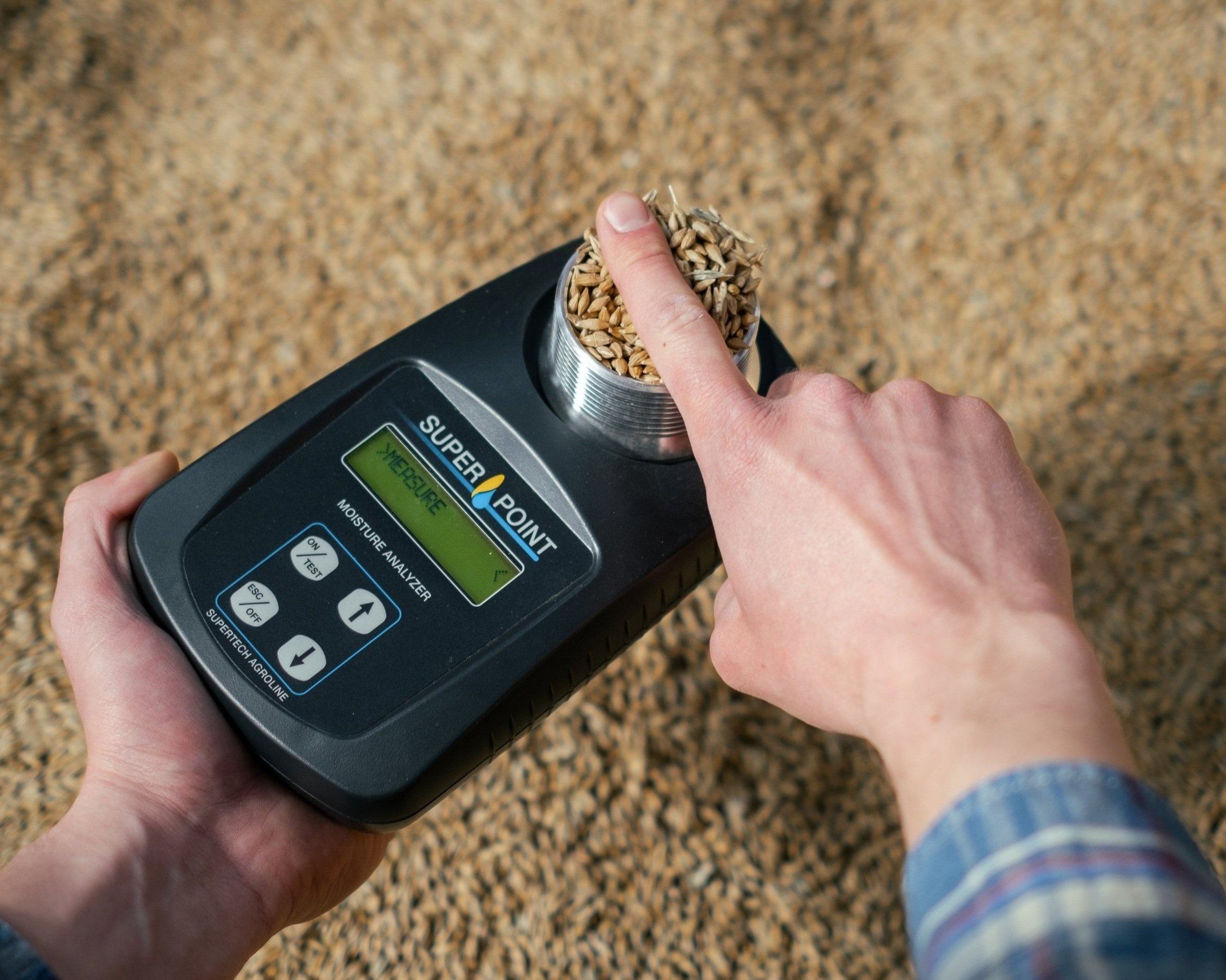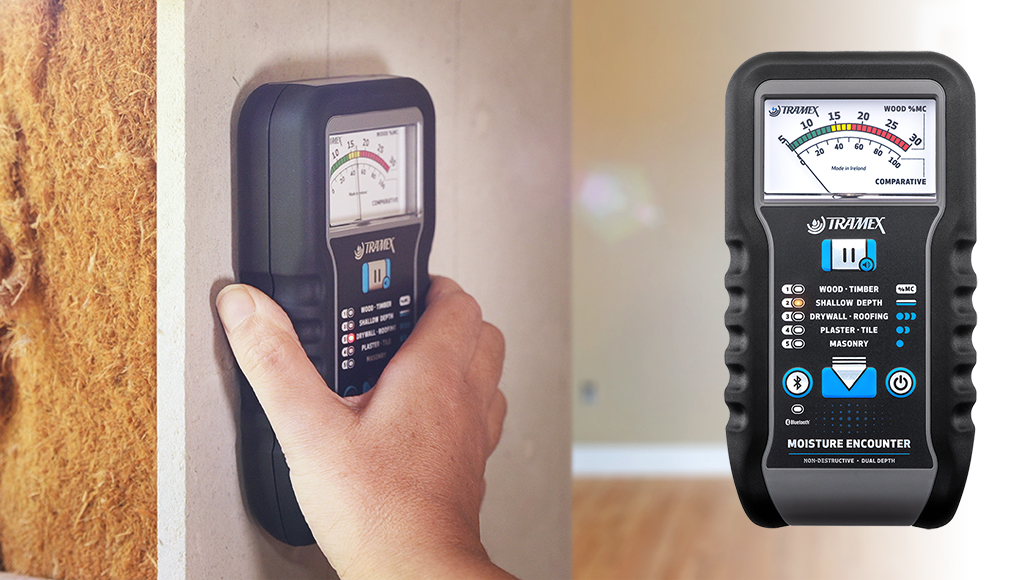The Ultimate Overview to Choosing the Right Moisture Meter for Your Needs
The Ultimate Overview to Choosing the Right Moisture Meter for Your Needs
Blog Article
The Ultimate Overview to Wetness Meters: A Comprehensive Overview and Just How They Can Save You Money
Moisture meters serve as vital devices in finding and monitoring moisture web content in materials, assisting in stopping expensive problems and making sure the top quality of products. Recognizing the nuances of various types of moisture meters, their applications, and the possible cost-saving benefits they provide can be a game-changer for services and professionals alike.
Kinds Of Wetness Meters
Different kinds of dampness meters are available for different applications in different sectors. One usual type is the pin-type moisture meter, which measures the electrical resistance between two pins put right into a product. This kind appropriates for wood, drywall, and other building products. Pinless wetness meters, on the various other hand, usage electro-magnetic sensor plates to check a bigger location without causing damages to the product's surface area. Moisture Meter. These meters are optimal for promptly examining dampness levels in big locations such as walls and floors.

Infrared wetness meters measure the thermal residential or commercial properties of a product to determine its dampness material non-invasively, making them useful for applications where pin or pinless meters may not be ideal. Understanding the different kinds of wetness meters readily available can help markets pick the most appropriate tool for their details moisture measurement demands.

Advantages of Making Use Of Dampness Meters
Moisture meters offer vital benefits in precisely examining and keeping an eye on wetness levels in varied products and settings. One of the primary benefits of making use of moisture meters is the prevention of possible damages created by excess dampness.
In addition, making use of dampness meters can lead to raised power efficiency. By identifying locations with high wetness degrees, such as leakages or inadequate insulation, modifications can be made to improve power preservation and decrease energy expenses. In agricultural setups, dampness meters play a vital function in optimizing plant yields by allowing farmers to check dirt wetness levels and make notified irrigation decisions. Overall, the benefits of using dampness meters cover across different sectors, supplying affordable remedies and promoting far better quality assurance techniques.
How to Pick the Right Moisture Meter
When choosing a moisture meter, it's crucial to make certain that the meter is appropriate for the particular material you will certainly be screening. Different products have differing electrical homes that can affect moisture analyses, so selecting a meter designed for your product is vital for exact outcomes. By very carefully assessing these factors, you can pick a moisture meter that fulfills your requirements and offers precise dampness measurements for your tasks.
Appropriate Techniques for Dampness Meter Usage

Cost Financial Savings Via Dampness Meter Applications
Just how can the critical use of moisture meters lead to substantial expense savings throughout various sectors? In the agriculture sector, wetness meters help in figuring out the optimal time for collecting crops, protecting against over-drying or excess wetness that can impact the last item's high quality.
In a similar way, go to my site in building, dampness meters assist protect against expensive damages by detecting wetness degrees in building products, such as timber or concrete, which can result in architectural issues otherwise dealt with without delay. By identifying issue locations at an early stage, contractors can take restorative procedures to prevent extensive repair services or substitutes, ultimately saving money and time.
Additionally, in the food handling market, moisture meters are crucial for keeping an eye on product quality and ensuring conformity with safety laws. By precisely gauging moisture material in food items, producers can protect against spoilage, preserve quality, and lower waste, causing substantial cost savings. Overall, the tactical application of wetness meters is a valuable investment that can cause considerable expense decreases and enhanced efficiency throughout different industries.
Final Thought
In final thought, moisture meters are beneficial tools for gauging and finding wetness degrees in different products. By using the right dampness meter and following appropriate techniques, individuals can effectively protect against costly problems caused by excess dampness.
Moisture meters offer as vital tools in identifying and checking moisture content in products, assisting in avoiding pricey damages and making certain the top quality of products. Infrared dampness meters determine the thermal residential or commercial properties of a product to identify its moisture material non-invasively, making them beneficial for applications where pin or pinless meters might not be suitable.Wetness meters visit their website supply indispensable he said benefits in properly evaluating and keeping track of wetness degrees in varied products and environments. In agricultural settings, dampness meters play a vital duty in optimizing crop yields by allowing farmers to keep an eye on dirt dampness degrees and make informed irrigation decisions.In final thought, dampness meters are beneficial devices for measuring and identifying dampness levels in various materials.
Report this page